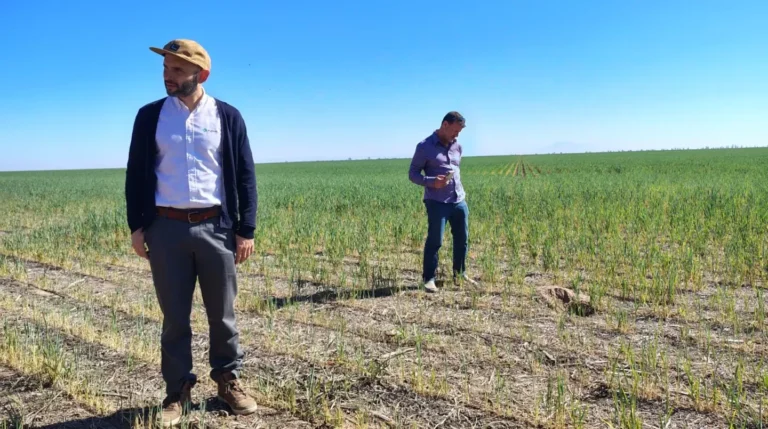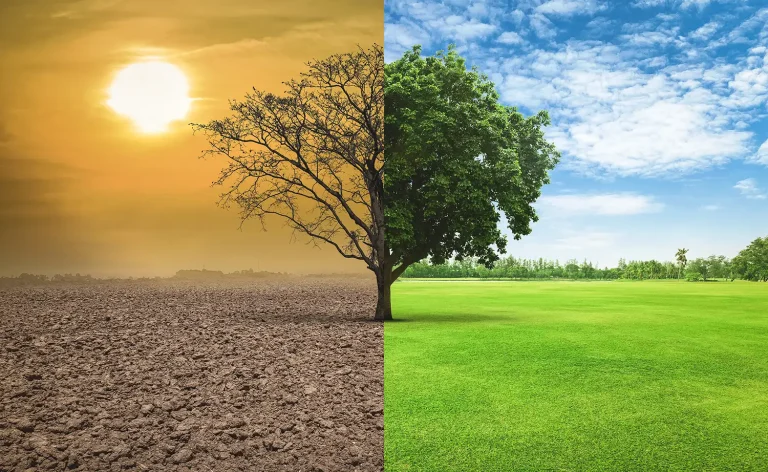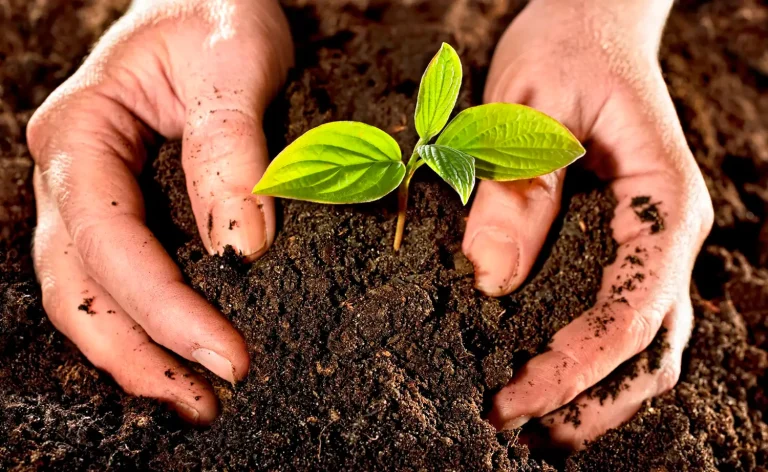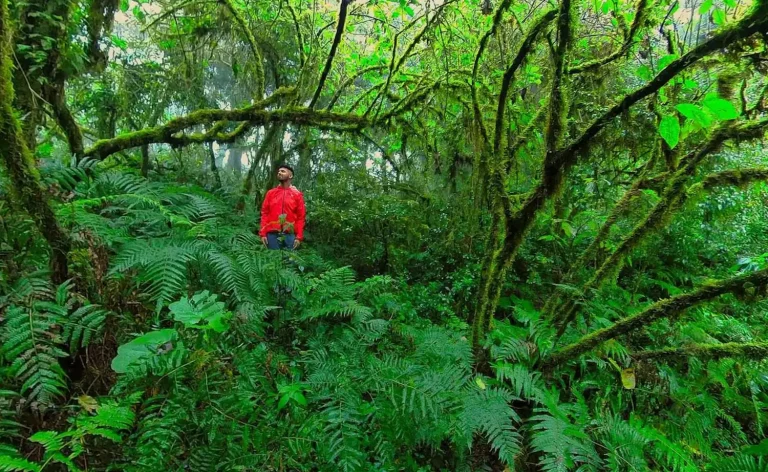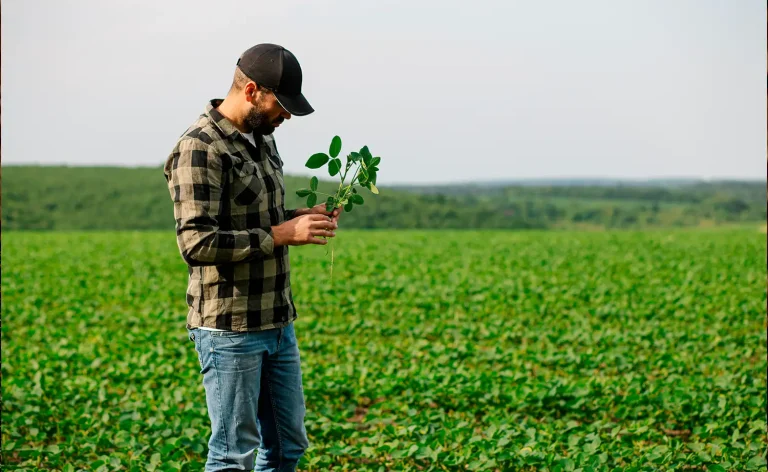- +54 381 2333124
- Av. JD Perón 2300, Complejo Altercity, E3P1O1, Yerba Buena, Tucumán, Argentina
Positive Impact on Our Communities
Social Commitment and Sustainable Development
At Argreen, we view the progress of our organization as inseparable from the development of the communities where we operate. For us, economic results are a means to generate a positive impact and improve the living conditions of our local environment in Northern Argentina.
Our strategy is based on leveraging comparative advantages and local resources, combined with innovation and the incorporation of cutting-edge technology. This approach not only allows us to compete in both national and international markets but also strengthens employment opportunities and the professional development of people in the region.
In the workplace, we promote continuous training and the development of highly skilled and aware teams in matters of hygiene, safety, personal protection, and technical excellence. We understand that our human capital is Argreen’s most valuable asset and the driving force behind our commitment.
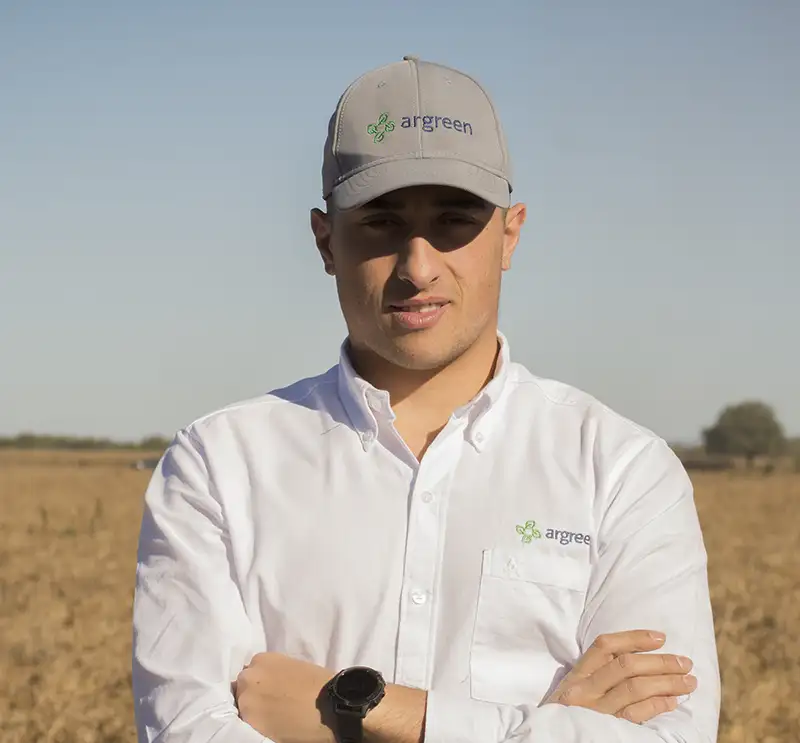
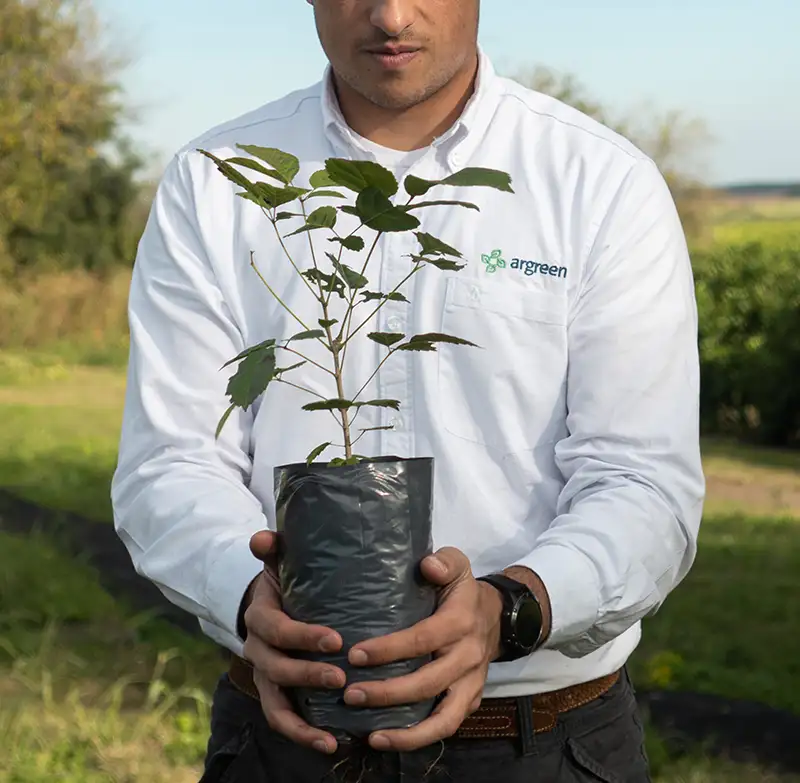
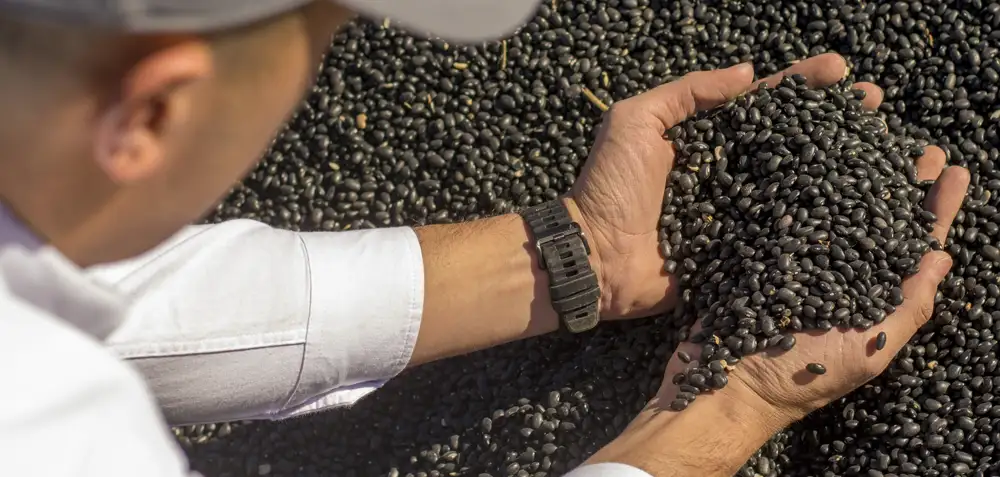
Initiatives
These are the key initiatives that Argreen actively promotes
Living Soils and Regeneration
We practice No-Till Farming (*Direct Seeding*) on 100% of our grain-producing fields. This technique, together with crop rotation and the application of biological fertilizers, prevents erosion, enriches soil microbiology, and increases its water retention capacity. In addition to cultivating, we regenerate the land as our main legacy.
Conscious and Precision Agriculture
We use technology to produce more intelligently and with minimal impact. We apply green-band inputs responsibly, monitor weather conditions, and optimize the use of energy and fuel in every operation.
Nature Reserve
We coexist with nature and actively protect it. More than 600 hectares have been a natural reserve since 1982, and all our fields are mapped under the *“Protected Productive Landscape”* program of the ProYungas Foundation. Through camera traps and continuous monitoring, we track and protect the native flora and fauna that inhabit our ecosystems.
Active Reforestation with Native Species
We go one step beyond conservation — we actively regenerate our forests. Every year, we plant hundreds of native trees with high survival rates. Our most ambitious project is the reforestation of 1,800 hectares to create a vital biological corridor between the Aconquija Protected Landscape and the Chaco forest.
Circular Economy and Zero Waste
We believe that waste is a resource. We compost 100% of plant residues to reincorporate them as nutrients into the gardens, closing the natural cycle and fostering this culture among our collaborators. We manage, separate, and trace all waste to ensure responsible handling.
Human and Community Development
Our growth only makes sense if it is shared. We actively promote the development of our communities through environmental education programs in schools, support for community kitchens, encouragement of local productive projects, and strategic alliances to improve social well-being, health, and rural infrastructure.
Argreen Sustainability
Sowing awareness and progress.
Sustainable Production
Since 1990, we have applied no-till farming on all the fields where we produce soy and corn.
Northern Argentina Leads the Silent Transformation
ANUGA 2025: Quality That Speaks Every Language!
The Future of Food in Food Service Chile!
Gardeners’ Gathering in El Cajón
PPA 2024 Participation
From Dubai at Gulfood – The World’s Biggest F&B Event...
1
In 2022, we allocated 400 hectares to a soil remediation project using biological inputs to improve their physical and chemical properties. The project is monitored by the Production and Sustainability teams and supervised by the Aso Laboratory.
2
Since 2023, we have been developing a large-scale compost production project based on the recovery of woody residues, with the goal of improving our soil structure using 100% sustainable and organic inputs.
3
We implement Solid Urban Waste separation according to the national color-coding system across all our facilities, including our central administrative offices.
4
All our farmsteads are equipped with household-scale composters to manage the plant waste generated from daily activities.
5
We are registered with "Campo Limpio" to ensure the safe final disposal of phytosanitary containers.
6
We have an Energy Efficiency Plan for all our farms, conducting tariff analyses and correcting deviations on a quarterly basis.
GUARDIANS OF NATURE
Biodiversity Conservation
We implement concrete actions to protect the forests, wildlife, and flora on our farms, creating a sustainable balance between production and environmental conservation.
- All native forest areas within our fields are under a strict protection regime, ensuring their long-term preservation and promoting the comprehensive care of the biodiversity they host, including both the wildlife and the characteristic flora of each region.
- We have been partners of the ProYungas “Protected Productive Landscape” program since 2022. Through this initiative, we survey large mammals and birds and assess the conservation status of native flora across all forested areas within our properties.
- We are responsible for the maintenance and care of the El Taficillo Private Reserve, a property of more than 600 hectares owned by ROMAR S.A., located in the Tapia area, renowned for its high environmental value.
- In 2023, we launched an ambitious reforestation project at the San Antonio farm, located in the El Zapallar area, La Cocha. The initiative aims to reforest more than 1,800 hectares through the planting of over 250,000 native trees over an estimated period of 20 to 25 years.
- On our farms in the southern part of the province, we carried out the first survey of small mammals in the La Cocha area, marking a milestone in the conservation of these species and in the protection of the biodiversity they sustain.
- Hunting is strictly prohibited on all our properties — a fundamental measure that directly contributes to the protection of wildlife, preventing the decline of animal populations and promoting the natural balance of local ecosystems.

